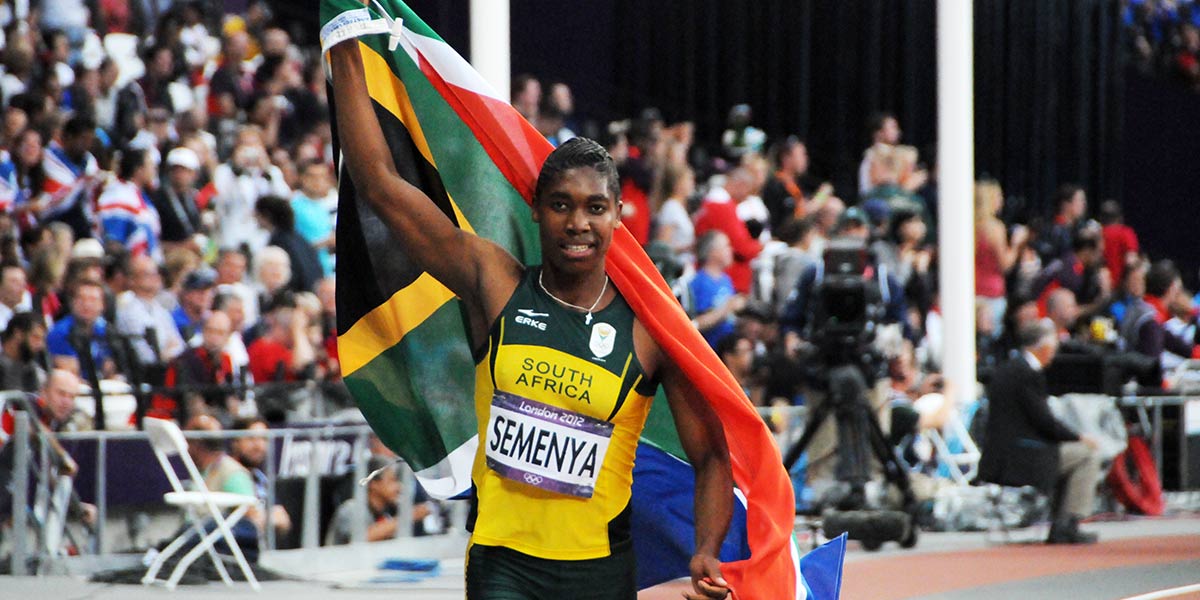UN Human Rights Council backs Caster Semenya’s right to run

Pic: Citizen59
Led by South Africa, the UN Human Rights Council (UNHRC) has condemned efforts to restrict the rights of athletes like Caster Semenya. In a groundbreaking resolution on Thursday, it rejected discrimination of women and girls in sports, including women born with variations of sex characteristics.
The resolution was adopted by consensus without a vote. It expresses concerns about discriminatory regulations, rules and practices that require some women and girl athletes to medically reduce their blood testosterone levels by undergoing unnecessary, humiliating and harmful medical procedures or hormone therapy in order to participate in women’s events in competitive sports.
According to the International Lesbian, Gay, Bisexual, Trans and Intersex Association (ILGA) it’s said to be the first UN resolution affirming the rights of intersex persons.
The important statement will bolster Semenya’s legal battle against the International Association of Athletics Federations (IAAF). The South African Olympic champion is challenging recent regulations by the IAAF that would force her to artificially reduce her natural testosterone levels.
“The 2018 regulations for the female classification published by the International Association for Athletics Federation (IAAF) are not reasonable nor objective and have a direct impact on women born with variations of sex characteristics. They are not compatible with international human rights law,” said ILGA.
The UN resolution, brought to the UNHRC by South Africa, also requests the United Nations Office of the High Commissioner of Human Rights to prepare a report on the intersections between race and gender discrimination in sports.
“Thank you to South Africa and the Human Rights Council for approving this first resolution on the rights of people born with intersex variations,” said Morgan Carpenter, from Intersex Human Rights Australia. “Access to sport is a litmus test for the rights of intersex people, highlighting the ways that our legal birth classifications can be disregarded, how our bodies are sites of public scrutiny and stigmatisation, and our right to bodily integrity disregarded.”
Carpenter added: “Sporting authorities and associations must now recognise a need for procedures to meet international human rights standards.”
The resolution acknowledges the multiple and intersecting forms of discrimination that women and girls face in sports settings because of their race and sex, and the right to bodily integrity and autonomy, among other things.
“We recognise the tremendous work from South Africa has in presenting this groundbreaking resolution and also acknowledge the importance on bringing this topic to the Council for the first time,” commented Tony Briffa, newly elected Chair of the Intersex Committee at ILGA.
Meanwhile, the Court of Arbitration for Sport (CAS), through which Semenya is challenging the IAAF rules, also announced on Thursday that it will only issue its ruling on the matter next month.
- Facebook Messenger
- Total104
Leave a Reply